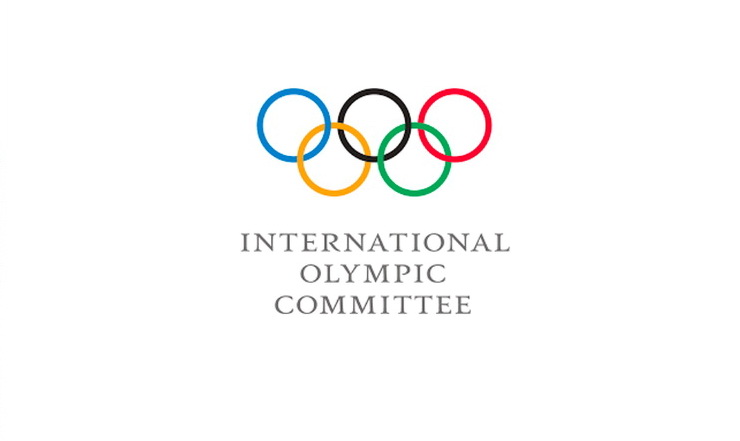Last summer, Tokyo was supposed to hold the 2020 Summer Olympic Games. Due to the outbreak of COVID in the months prior to and during the set months, The International Olympic Committee (IOC) decided to postpone the games to the Summer of 2021. However, things are not looking too bright for the Tokyo Olympic Organizing Committee. Between a sexism scandal in the leadership team and the spike in COVID cases, one might not be optimistic for a 2021 Olympic Games that goes as smoothly as it was set to happen.
On March 24th, 2020, the Japanese government postponed the games that were scheduled to take place in July and August 2020. In a press meeting, Japanese Prime Minister Shinzo Abe stated that the games were postponed “in order to ensure that athletes from all over the world are able to compete in their best condition, and also in order to ensure the utmost safety for the spectators.” This decision was a collaborative effort between the Japanese government and the IOC (which is headed by Thomas Bach).
However, once the Olympic Organizing Committee began having meetings again in their Tokyo headquarters, an unforeseen scandal was afoot. The Organizing Committee’s president, Yoshiro Mori (an 83-year-old former prime minister of Japan), stated in a private meeting that women should not be allowed to speak, because he believes that they waste time and they will “never be able to finish”. This caused backlash from women all over the world, and many demanded his resignation. At first, Mori refused to resign, but he eventually stepped down after the international scrutiny he faced.
Mori’s successor as Olympic Organizing president is 56-year-old female cabinet minister Seiko Hashimoto. Hashimoto is not new to the Olympic Games; she medaled in speedskating at the 1992 games in France. With a background in politics (she was in Japan’s house of parliament for over 20 years before accepting her position with the Olympics) and athletics, Hashimoto’s ascension to the top of Japanese athletics has started a conversation about the importance of women in Japan, one of the world’s most male-dominated countries.
Before Hashimoto’s appointment but the Organizing Committee, another candidate was set to take her place. This other candidate, who was hand-selected by Mori and the rest of the all-male Organizing Committee, was Saburo Kawabuchi, an 84-year-old former Japanese soccer player. However, the committee was met with yet another round of criticism for their decision, as Kawabuchi is only a year older than Mori.
While there is still no guarantee that the Olympics will occur this summer, Hashimoto has vowed to try her hardest in protecting the athletes, international fans, and Japanese fans to stay healthy and safe. Her first priority is making sure “both the Japanese people and people from abroad will think that the Tokyo Games are safe and secure.” Only time will tell if the Olympics are as great as Hashimoto expects them to be.
Sources: NBC News, New York Times, IOC

